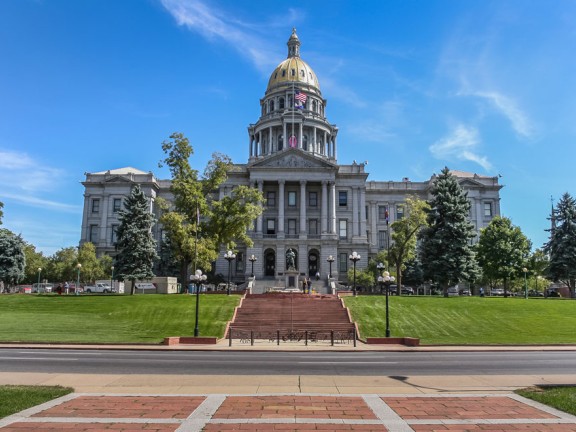How Can You Trust Government if You Can't Understand It?

According to a September, 2016 Galup poll, more than one in three Americans surveyed indicated that they had little or no trust in their state governments. That's better than is the case with the federal government, but it's still jarring.
This paper, written by Katherine Barrett and Richard Greene for the Council of State Governments, lays some of the blame for this sad state of affairs on the almost complete lack of civics education -- particularly that about states and localities -- from coast to coast. As the paper asks. "How, indeed, can anyone trust a powerful entity that they don’t understand? It’s a basic element of human nature that ignorance leads inexorably to mistrust."
As Ted McConnell, executive director of the Campaign for the Civic Mission of Schools told the authors, “Civics education is important because it’s the only way the vast majority of people know how our government works. It has cross benefits in that it helps develop skills like critical thinking that are essential to workplace competency.”
And yet, the most recent results from the National Assessment of Educational Progress showed that only 23 percent of eighth graders tested as “proficient” in civics. Of the eight subject areas tested, only U.S. history fared worse, with 18 percent of eighth graders demonstrating proficiency.
A few facts from the report:
- At least 40 states have a requirement for a course in American government or civics. But most take minimal time, and few compare to the amount of civics education that was typical in the early 1970s.
- The remaining ten states have no requirements for any civic education.
- Most civics/political science courses in K-12 schools and colleges are focused on the federal government—not state and local government. Even these are focused on government structure—the number of Supreme Court justices, the different branches of government, the two houses of Congress and so on. Students learn about the federal government and not about things they can actually affect like the city council and or state legislature.
- In a 2013 survey of teachers, the Center for Information and Research on Civic Learning and Engagement, or CIRCLE, overseen by Peter Levine, associate dean of research at Tuft University’s Jonathan Tisch College of Civic Life, found that 86 percent said the major emphasis or entire focus of the civics courses they taught was the U.S. Constitution.

